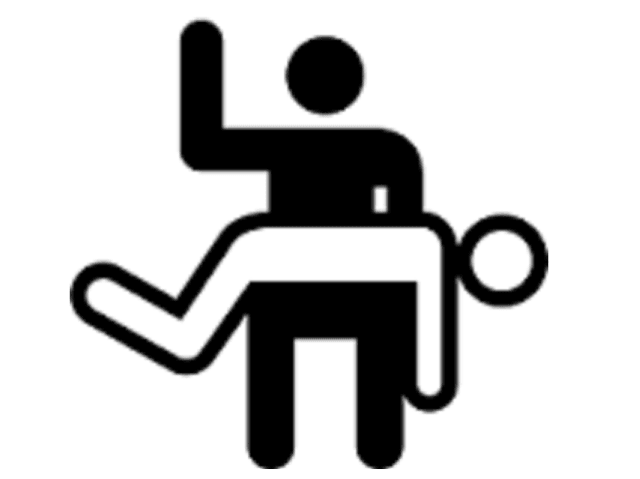The French parliament has passed a formal ban on spanking children, bringing the global total to 52 different countries where such corporal punishment in homes is against the law.
The new law that went into effect for 2017 bans “any cruel, degrading or humiliating punishment, including any use of physical violence,” including spanking in the home.
In passing the new regulation, France has joined a long list of countries that have outlawed corporal punishment. Unsurprisingly, the first country to make spanking illegal was Sweden, in 1979, followed by Finland in 1983. The last to join the list before France in 2016 were Mongolia, Paraguay and Slovenia.
The decision of the French parliament follows a symbolic reprimand by the Council of Europe in 2015 decrying France’s lack of a specific law “prohibiting corporal punishment in a clear, binding and precise way, including slaps and spankings, in breach of Article 17 of the European Charter of Social Rights.”
“To comply with Article 17, states’ domestic law must prohibit and penalize all forms of violence against children,” the Charter states, and the relevant provisions “must be sufficiently clear, binding and precise, so as to preclude the courts from refusing to apply them to violence against children.”
The legislation barring all corporal punishment reportedly relies on the opinion of a majority of psychologists that such forms of discipline are ineffective or counterproductive.
Dr. Gustavo Pietropolli Charmet, a psychiatrist and chairman of the Italian non-profit Help Center for Mistreated Children, said that laws prohibiting corporal punishment are useful because it has become clear that “the educational value of physical and moral pain is zero.”
Suffering “does not strengthen education and does not improve self-esteem,” Charmet said. “In fact, it can create guilt, fear and vengeance.”
Commenters were quick to express their approval or disapproval with France’s decision.
“Life also smacks us from time to time. Will we eliminate those as well? Useless psychologists,” wrote Giulio Francomanno.
Another reader noted that spanking “anticipates the lesson that children will learn from life as they grow up, namely, that if you do not respect certain rules, there will be consequences.”
In February 2015, Pope Francis expressed his approval of parents who spank their kids, as long as it is carried out with respect for their dignity. His words drew a wave of reactions, both negative and positive, to the idea that corporal punishment is okay.
“It is disappointing that anyone with that sort of influence would make such a comment,” said Peter Newell, the coordinator of the Global Alliance to End Corporal Punishment of Children.
Despite the extensive debate regarding the value or detriment of corporal punishment, few have questioned the more problematic aspect of a creeping intromission of the state in the lives of families and their choice of how to educate their children.
The Catholic Church teaches that the state should not interfere with parents’ education of children except in grave and extraordinary circumstances.
“Since parents have given children their life, they are bound by the most serious obligation to educate their offspring and therefore must be recognized as the primary and principal educators,” Catholic doctrine states.
Follow Thomas D. Williams on Twitter Follow @tdwilliamsrome

COMMENTS
Please let us know if you're having issues with commenting.